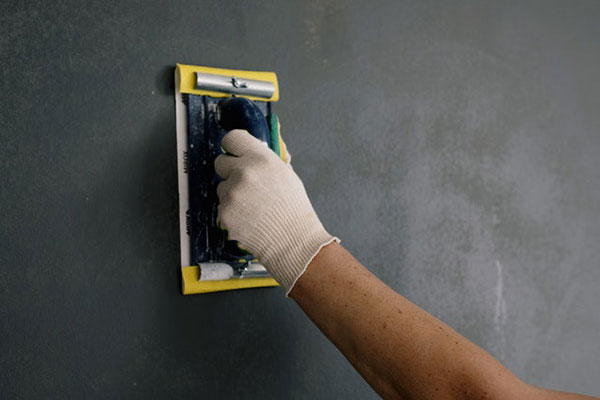You’ve spoken to friends about great contractors, chosen your favorites, checked references, done background checks on their businesses, and possibly even ask for referrals. So now you know that you’ve selected a top-quality pro to handle your home renovation project.
However, their bottom line is to get the contract signed. Therefore, they don’t want to discuss any potential issues. This is how you can protect your bottom line before committing.
1. They’re just one of many games in town
Even if the contractor is the best, do not hire them until you are sure they’re the right choice for your project.
Before you give a contract for a home renovation project, you should solicit at minimum three bids from three different contractors. This allows you to compare costs, methods, as well as materials before making a hiring decision.
What you should do: Provide a basis to compare bids. Every contractor must have the exact project details. These could include floor plans and materials. Not only should cost be your primary consideration but so is scheduling and communication.

2. They’re going farm out the work
General contractors may not be able to complete the work. This is because they may have been plumbers and carpenters before they started their own business.
Instead, their job is to find clients, manage the budgets, schedule subcontractors, and make sure that they get paid. Contractors may be vague about how involved and who will work the job every day when they are trying to win your company.
You should: Ask who will be responsible at the job site. Jay Rhind from Stockbridge, Mass. For example, the contractor says it’s a good idea to meet with the job foreman. “You want the job foreman to make you feel comfortable.”
TIP: Being nice is a powerful tool. It can help your contractor and crew stay on track and improve the quality of work.
3. A big deposit is unnecessary – and may be illegal
A warranty is typically required when you sign any contract. It isn’t necessary to cover the contractor’s setup or materials costs.
They shouldn’t be charged upfront for anything if they have a sound business and are in good standings with their suppliers. In addition, many states limit contractors’ advances. For example, California has a maximum deposit limit: 10% of the job costs or $1,000. Find out the law in your locale by consulting your state or municipal consumer agency.
The first thing you need to do is pay a small deposit. This will allow you to kick-start a project. You should also make sure that your payment plan is based on the work that has been completed. If the work isn’t progressing as planned, the payments can be delayed.
 TIP: Charge it whenever possible. Federal Trade Commission suggests using a credit card when paying for home renovation work. This will protect homeowners from financial losses if the project does not go according to plan. In addition, after working with your contractor in good faith, consumers can hold back payment until the balance of their credit is used up. This includes any finance or associated charges.
TIP: Charge it whenever possible. Federal Trade Commission suggests using a credit card when paying for home renovation work. This will protect homeowners from financial losses if the project does not go according to plan. In addition, after working with your contractor in good faith, consumers can hold back payment until the balance of their credit is used up. This includes any finance or associated charges.
4. They are marking up not only labor but they are also adding materials
Contractors don’t like to talk about it. However, they will mark up any money they pay to make your job a reality. It’s fair. This is how they pay overhead and their salaries. Be aware that the 50% markup may not only apply to labor costs but also materials.
What you should do is: If you can buy items such as plumbing fixtures or countertops, ask your contractor whether they will take them out of the bid price. Be clear about the amount and exact details of what you plan to buy and how you will transport them to the job site. It is possible to save as much as 10% to 20% on overall costs.
TIP: You can save money by salvaging materials. It is essential to make sure that upcycled items are not used in a way that will damage the value of your home.
5. They are not as good at design as they make it out to be.
There are indeed some contractors who are skilled in design. However, there’s a good chance that they spend more time running businesses than learning design skills.
What you need to do: Depending upon the complexity of your project, you may need several skilled professionals to accomplish the task. If a contractor isn’t qualified and has a portfolio of previous work, don’t trust them to design your space.
Ask their references for details about the contractor’s design capabilities. For the details, an architect might be more cost-effective than a contractor.



